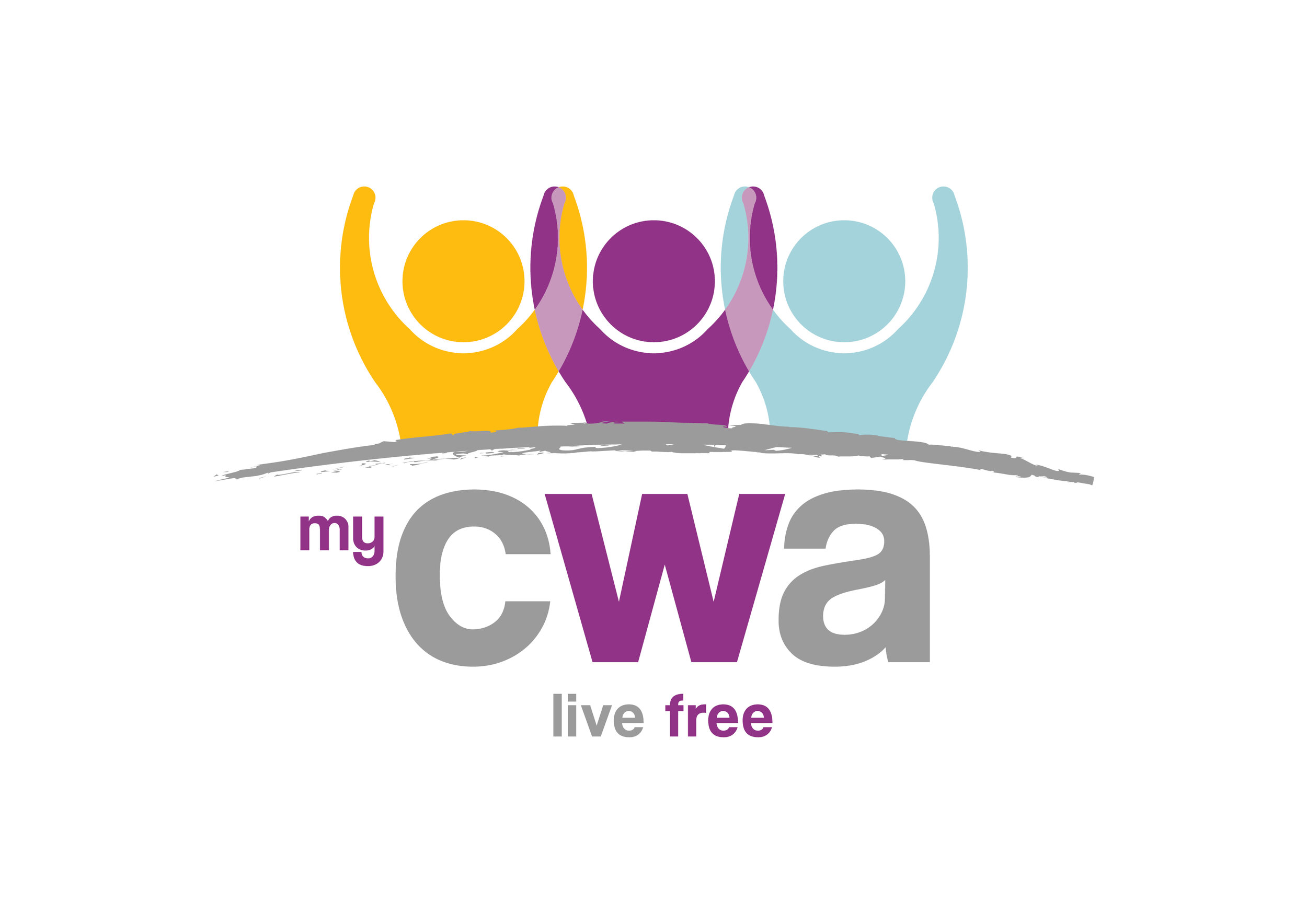International Day of Friendship 2020
For people affected by domestic abuse, friendships can mean everything. Friendships can help domestic abuse survivors build the strength to leave. Friendships can provide hope during dark times.
Good friends can point out abusive behaviour to survivors who can’t always see it. They can help survivors to see that their relationship isn’t ok. Isn’t loving. Isn’t deserved. They can boost confidence and they can build self-esteem.
The importance of friendships for domestic abuse survivors
One of the most common tactics abusers apply is to isolate you from your support network – friends, family, colleagues – anyone who might help you from feeling supported, loved and wanted by someone else. It happens a lot.
Why? Because supportive friends and loving family pay you compliments. They point out your positives. They sing your praises. They make you feel good. They do the exact opposite of what abusers want. Remove your network: reduce the likelihood that you’ll stand up for yourself – or leave.
So take the time to nurture friendships and relationships with people who care about you. Invest time in your closest relationships – whether digital, phone or face-to-face.
Try not to take offence if your friends or relatives are outspoken in their disapproval of your partner. They aren’t criticising you – they object to the way you’re being treated.
Rebuilding your support network
If you feel like your friends and family are already distant, why not make a start at rebuilding your support network?
Drop your closest loved ones an email or a text. Pick up the phone. Swallow some pride if necessary. Apologise if you’ve said things you regret. Reach out and start to reconnect with the people who care about you.
If you feel like no-one understands what you’re going through, why not try making new friends? Domestic abuse peer support groups like My CWA coffee & chat* could help you grow your support network.
Even if you think support groups aren’t for you, it’s worth giving ours a try. Coffee & chat isn’t about people sitting around having a whinge. It’s about bringing people with shared experiences together to just be themselves – safe in the knowledge that everyone there just gets it.
No-one’s going to interrogate you. No-one’s going to ask you why you can’t just leave. No-one’s going to make you feel worthless. Or deserving. Or to blame. We’re a friendly bunch – and you can share as much or as little of your story as you like.
The importance of friendships for concerned friends & relatives
If you’re on the outside looking in while a close friend experiences domestic abuse, you might feel heartbroken, frustrated and helpless in equal measures. We get it. But please don’t give up.
What does my friend need from me?
Domestic abuse survivors need their friends and family to listen, without judgement, as they follow their own pathway.
They might need practical help – such as temporary accommodation or childcare in an emergency. Or they might need emotional support – such as a hug or a chat over a cuppa when things get too much.
If your friend isn’t ready to leave the relationship – or has no intention of doing so –then what they don’t need is someone telling them what they should do or offering an uninvited opinion. Try to bite your tongue and just… listen.
Domestic abuse can be an incredibly complex issue. Most people don’t enter into relationships knowing that abuse will happen. It usually starts slowly and builds up gradually. So the solution isn’t always as simple as packing up your things and leaving (although that does happen in some cases, of course).
Keeping lines of communication open
If you’ve supported your friend for a long time and feel like you need to take a step back to protect your own emotional wellbeing, try to make sure you keep the lines of communication open.
We know it’s not easy seeing someone you care about being abused. It can be devastating when you support someone to leave their abuser, only for them to return to the relationship.
It can be just as hard offering support knowing the abuse might continue for several years. It can also be terrifying for you if the harmful behaviour escalates.
If you’ve reached the point where someone else’s abusive relationship is affecting your own emotional wellbeing, let your friend know they can come to you if they choose to leave. That your door is always open.
Domestic abuse recovery isn’t something you can do for someone else. Allow yourself to step back if you need to.
When to ask for help
If your friend – or their child – is at risk of immediate harm, dial 999 and ask for the police immediately. Explain the circumstances and let the police deal with it. Don’t worry about upsetting your friend if people are at risk.
If you’re looking for more general support about helping a friend or family member, there’s lots of information here on the My CWA website.
Nurturing friendships: next steps
Whether you’re a domestic abuse survivor relying on your friends for support or you’re worried about a friend or family member who’s experiencing domestic abuse, there’s plenty of help available to you.
Nurture your friendships and please, please reach out to us if you haven’t already done so. There are lots of ways we can help.
Contact us to find out more.
*Coffee & chat is taking place virtually via Facebook at the moment – but the groups will meet face-to-face again in Crewe, Macclesfield and Warrington when social distancing guidelines permit.

